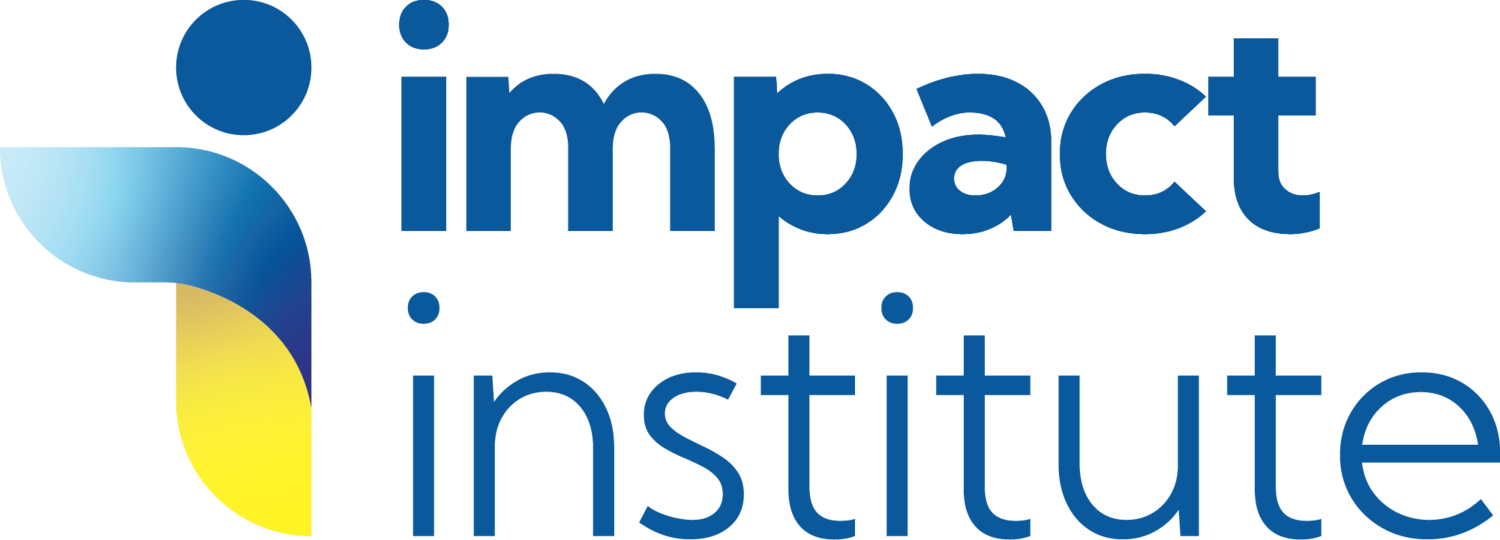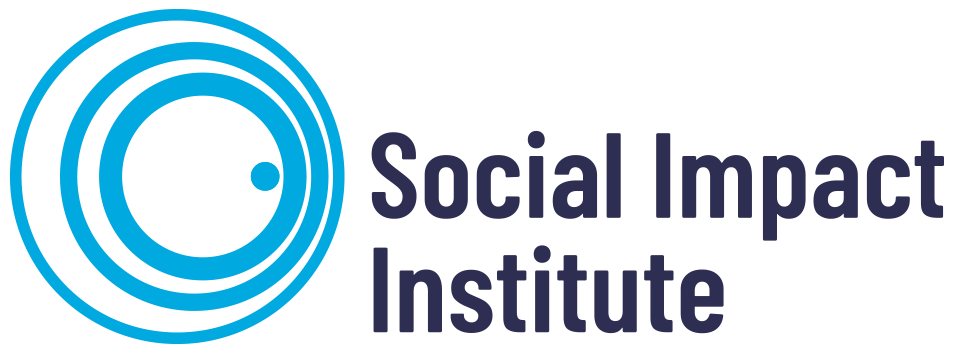Finding a Confidant You Can Trust
Why you need a confidant you can trust when you're a CEO
You may be a CEO, but first and foremost you are a human being with human needs. By its very nature, your role at the top means that you experience intense scrutiny, the emotional and mental burden of guiding your business or not for profit organisation to success and, often, you have no peers to confide in. To compound matters, your power can be a barrier to truth says Professor of Psychiatry Kerry Sulkowicz in Worse than Enemies—The CEO’s Destructive Confidant: “The CEO is often the most isolated and protected employee in the organisation. No one gives him [or her] unfiltered information. Many people dissemble or conceal things from him [or her].”
The impact of all this? For one, it can impede your function in the CEO role; for two, it can have lasting impacts on the business; and for three, it is inherently lonely and anxiety-building—and this has well-documented health implications.
Sulkowicz says that lonely leaders are susceptible to three types of destructive confidants who are “worse than enemies”. He describes these in detail in a discussion with Katie Couric and John Mulner on the Katie Couric podcast (July 13, 2017):
1. The Reflector. These confidants are usually driven by their need to please authority. In extremes cases, when CEOs value this type of confidant, the two together develop a distorted version of reality. Sulkowicz describes this as a folie à deux or ‘shared madness’. Although not always the case, and there is always a confluence of factors leading to a crisis point, other key executives can see how much the CEO values the reflector and become CEO reflectors themselves. This polarises employees into those who defend the CEO and those who rebel. A recipe for disaster in so many ways.
2. The Insulator. These confidants serve as a mediator between a CEO and the organisation. Often, this will be with the cooperation of a CEO who may be struggling to connect with their employees and who wants someone else to translate their ideas into language the organisation can understand. “In the short run, insulators appear to be helpful, even essential, particularly to those who don’t trust the CEO. The problem is that over time, insulators undermine the very authority of the leader they are seemingly trying to protect,” says Sulkowicz.
3. The Usurper. Unlike reflectors and insulators who are generally not unethical, usurpers are deliberately scheming and often aspire to become the CEO. To become a confidant in the first place, they are talented, observant, and charismatic. However, these factors also mean that they can find the CEO’s Achilles’ heel and exploit it, often doing more damage behind the CEO’s back than is immediately obvious.
Because you’re in need of a confidant as a CEO, it’s difficult to extract yourself when that relationship becomes toxic. Instead, it’s a temptation to rationalise your confidant’s flaws and inconsistencies. However, Sulkowicz says that it’s important to step back and analyse the relationship you have with your confidant. In the end, an organisation can benefit or be mortally wounded by the quality of these confidential relationships.
A good confidant enables you to:
- Manage complex situations and deal with problems through astute advice and a confidential listening ear
- Manoeuvre the transitions and critical points of change and crisis with good information
- Deal with the most sensitive and ambiguous issues that arise in the course of doing business, including succession planning, top executive team dynamics and board relationships
- Express your emotions and feelings about situations and stakeholders in a safe relationship.
Our senior consultants at Social Impact Institute are mentors and confidants for senior managers and CEOs. As former senior executives and CEOs ourselves, we understand the position you're in and the pressures you face. You can discuss difficulties, challenges, opportunities and dilemmas without fearing repercussions. You will benefit from our years of experience and the collaborative, evidence-based approach we bring to help your organisation be more successful. With Social Impact Institute, you don’t have to do this alone.
Leave a message and we’ll get back to you or call us on 1300 822 763 to set up a no obligation first consultation.
Share this page


